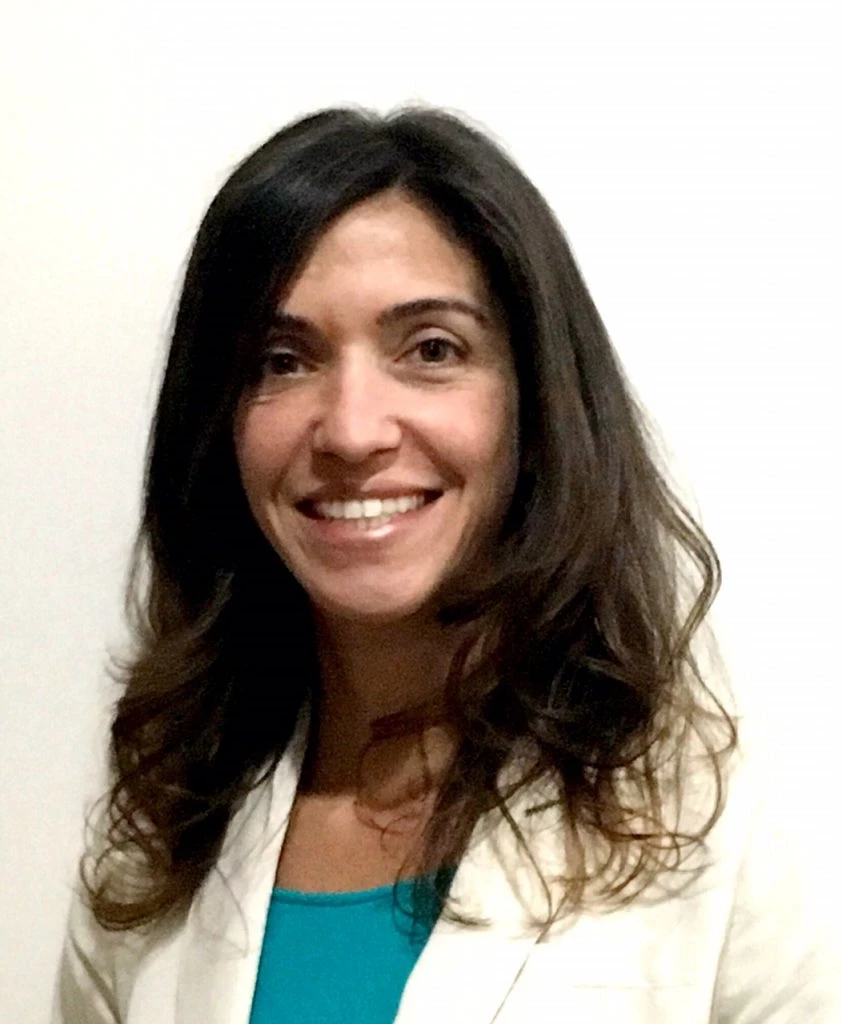Photo Credit: Mauricio Santana – Women’s Forum 2014
The question was posed at this year’s Women’s Forum Brazil held in São Paulo, Brazil, on May 26 and 27. In a country bustling with the World Cup and gearing up for presidential elections, "Vibrant Growth for All" was a fitting topic. As more than 500 women and men involved in politics, business, civil society and academia from all regions of Brazil, countries of Latin America, the United States and Europe gathered together, women’s full participation in the economy and society was center stage in the discussions. The setting was quite appropriate: Women have made great strides and have increasingly taken the stage in the country. And starting from the top – the country’s President – and in all sectors of society and the economy, women are present and continue to take on leading positions, with many good examples present at the plenary room and throughout the two-day event.
Kicking off with an impassioned plea for the release of the abducted Nigerian schoolgirls and the keynote address given by Minister of State of Public Policies for Women Eleonora Menicucci, focusing on the achievement of economic autonomy for women in Brazil and initiatives to end violence against women such as the “Eu Ligo” campaign (with the double meaning in English: “I call / I care”), the forum throughout was indeed a vibrant event.
The plenary sessions and panels that followed were brilliantly composed of high-level women in leadership positions from Brazilian and international companies, small and medium-size enterprises (SMEs) and of government and civil society, including the CEO of Boeing Brazil, the CEO of Brazilian Tam Airlines, the CEO of the Women’s Forum for the Economy and Society, and the Clinton Global Initiative Director for Women and Girls, to shed light on topics such as business and human rights, marriage, machismo, and social investment in women, incentivizing leadership and talent, among others.
In and out of the different sessions and in the informal coffee-break discussions, the dual message of empowering women and creating a more enabling institutional and regulatory environment for women to thrive in the workplace and society permeated the event. As part of these discussions, the World Bank Group’s Women, Business and the Law featured its findings on legal capacity and property rights for married women in "Marriage: Can We Rise With It? Without It?", showing how the regulatory environment matters for women’s economic prospects. Moreover, the IFC presented its Investing in Women’s Employment Good for Business, Good for Development report as part of the "Incentivizing Talent: Money Doesn't Always Talk" panel, which featured the business case study of Odebrecht, an IFC client and member of the World Bank Group’s Private Sector Partnership on Women’s Employment (WINvest – Investing in Women). “Acreditar” (in English, “Believe”), Odebrecht's skills-development program, has been responsible for significantly increasing the proportion of women in the Brazilian company´s construction workforce.
Throughout the two days, issues surrounding women’s participation in society and the economy, barriers and opportunities to women’s careers and business prospects, and how women’s leadership can contribute to "Vibrant Growth for All" were discussed, and women showed that they are keen on making their voices heard and reaching higher levels of leadership. In a country that has made great achievements in closing the gender gap, there is still work to be done. The fundamental question of what is needed to increase women’s participation in the social and economic ecosystem permeated the event, which closed with a call for action to promote gender diversity and raise awareness on persistent inequality in the workplace.
.
Photo Credit: Daniel Vorley – Women’s Forum 2014




Join the Conversation